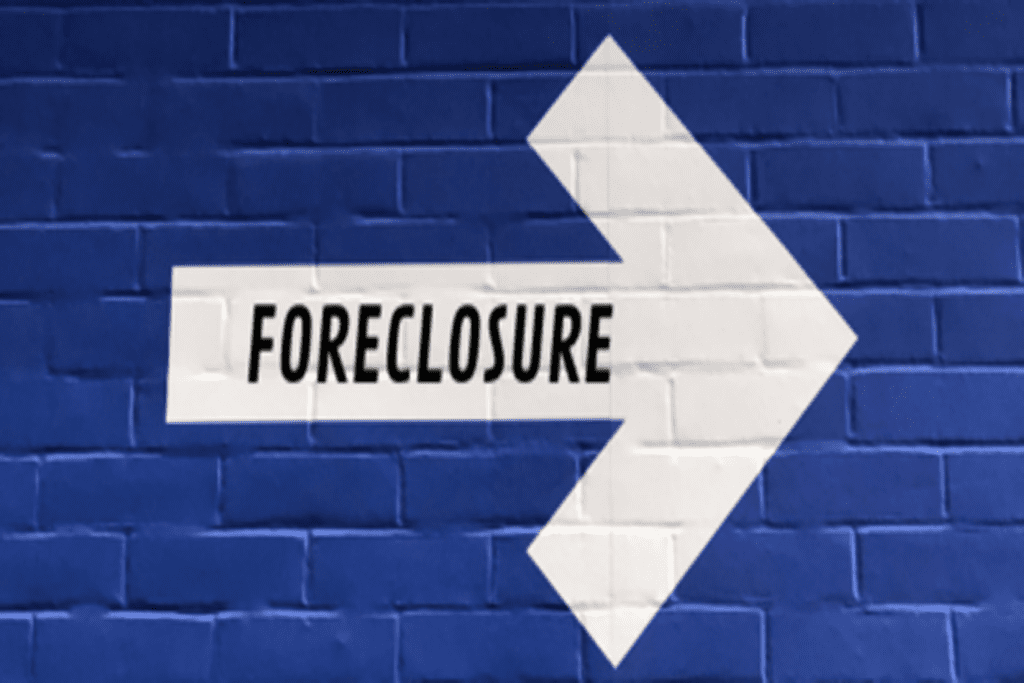It is a scenario familiar to every association: an owner falls behind on his or her assessments and doesn’t get current, and the association initiates the lien recordation and foreclosure process. However, before the association can foreclose its lien and move the property to foreclosure sale, the mortgagee of the property files suit to foreclose its mortgage lien. Then, when the mortgagee moves the property to foreclosure sale, no one purchases it, and the association is left high and dry, collecting only the safe harbor amount due by the mortgagee, a mere fraction of the outstanding assessment balance. Many associations usually view this as the worst-case scenario for collection of unpaid assessments.
However, there is a scenario for associations even worse than the mortgage foreclosure, and that is where a tax deed is issued for the property. This unfortunate scenario is illustrated perfectly in the case of A to Z Properties, Inc. v. Fairway Palms II Condo. Assoc., Inc. 137 So. 3d 453 (Fla. 4th DCA 2014). There, a unit owner in a condominium fell behind on his assessments and owed the association $16,291.61 in unpaid assessments. The owner also apparently failed to pay the property taxes on the unit, and it was sold to a property investment company at a tax sale before the association could obtain and foreclose its lien. The tax sale purchaser then sold the unit to an individual.
The association then recorded a lien against the unit for the outstanding balance, and subsequently filed suit for lien foreclosure against the individual owner and for a money judgment against both the owner and the investment company that purchased the unit at the tax sale. The association argued that, under Florida Statute §718.116(1)(a), the investment company was jointly and severally liable with the previous owner for the past unpaid assessments that came due up to the time the investment company took title of the unit. The investment company argued that §197.552, Florida Statutes, extinguished the liability for the assessments and that it had no liability for the previous owner’s balance. The association prevailed in the trial court and the investment company appealed.
On appeal, Florida’s Fourth District Court of Appeals found that the assessments did not survive the tax deed sale; the provisions of §197.552 superseded §718.116. First, the Court found that §197.552, which states, “…no right, interest, restriction, or other covenant shall survive the issuance of a tax deed,” specifically precludes an owner whop purchases at a tax sale from liability for the previous owner’s outstanding assessments. The Court further found that, while §718.116 imposes liability for unpaid assessments on an owner of property acquired by “transfer of title”, Florida law provides that acquisition of title by tax deed is not a transfer of title, but is instead the commencement of a new, original, and paramount title. Based on these findings, the Court found that neither the individual owner, nor the investment firm, had any liability to the association, and the association could not recover the $16,291.61 in outstanding assessments.
Accordingly, while associations understandably dread foreclosure of properties that are delinquent in their assessments, tax sales are even worse for them. With a foreclosure, the association will at least receive the safe harbor amount, and might even be able to obtain the full past balance if a third-party purchases the property at the foreclosure sale. But, with a tax sale, there is no such luck for the association; it will recover nothing. Even worse, there is little the association can do to avoid this scenario, or even position itself to lessen the damage. The association can monitor the tax certificates issued for its county and, if an owner in the community has a tax certificate issued for his or her property and is also delinquent on the assessments, lien the property and move it to foreclosure sale as quickly as possible. But even then, it is fairly unlikely that anyone will purchase the unit at the foreclosure sale, knowing it is subject to the tax certificate.
In these difficult scenarios, associations should always consult with their counsel in order to develop a plan that best protects the association’s interests with respect to the tax sale.

